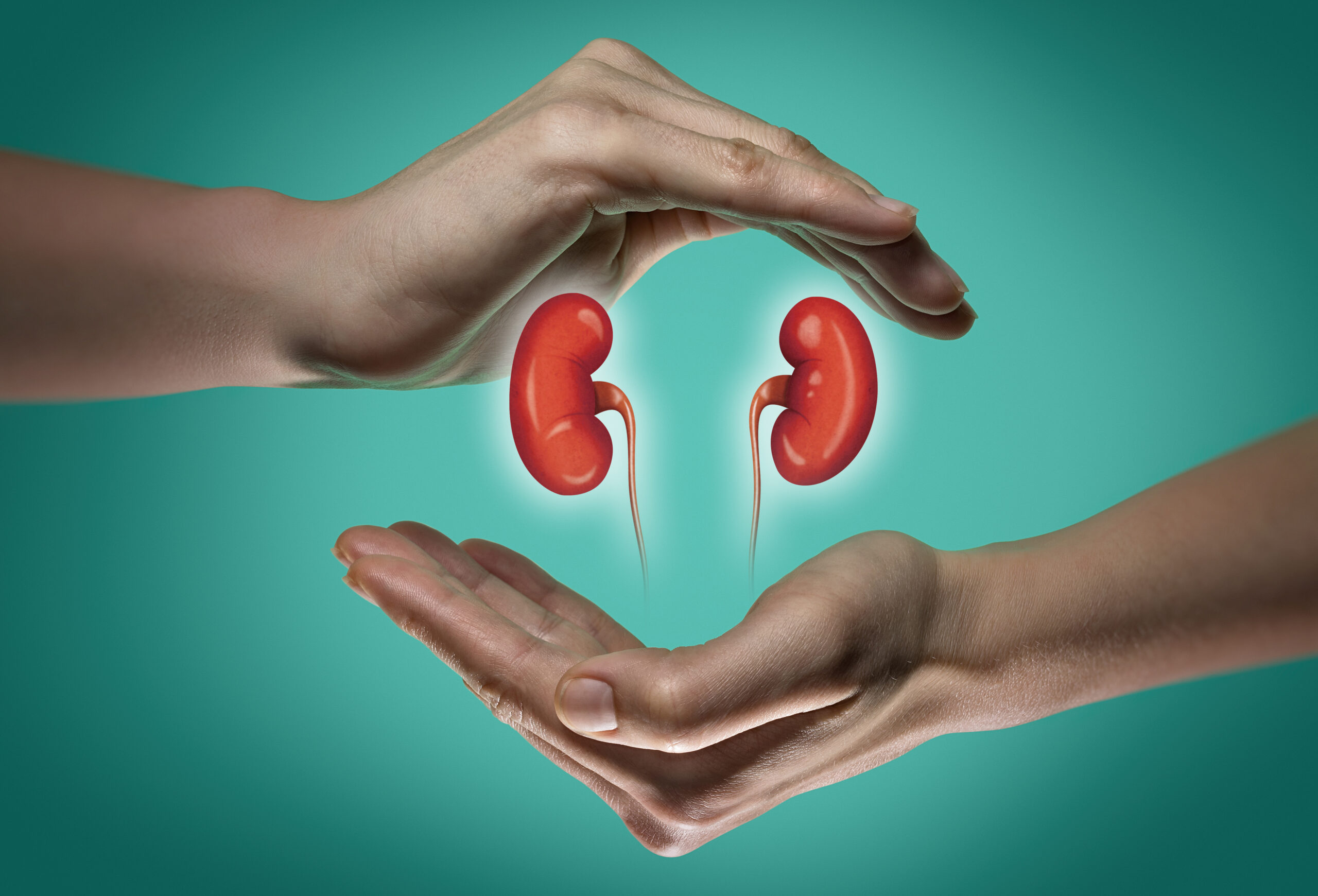Dialysis is a medical treatment used to help patients with kidney failure. The process involves removing excess waste and fluid from the body. There are two types of dialysis treatments: hemodialysis and peritoneal dialysis.
Bushwick Center offers a state-of-the-art facility offering dialysis treatments for patients.
Here’s a comprehensive guide to the treatment options for dialysis care:
Hemodialysis: This treatment involves using an artificial kidney machine to filter blood outside the body. During hemodialysis, patients are connected to a machine that pumps their blood through a dialyzer, which filters waste and excess fluids. This process typically lasts three to four hours and is usually done thrice weekly.
Peritoneal Dialysis: This treatment uses the lining of the patient’s abdominal cavity to filter the blood. A catheter is inserted into the abdomen, and a dialysis solution is infused into the cavity. This solution draws out waste and excess fluids from the body. Peritoneal dialysis can be done at home or in a clinic.
Medications: Patients undergoing dialysis may also require medications to manage underlying conditions such as high blood pressure, anemia, and bone disease. These medications may be administered orally or through an IV.
Nutritional Therapy: A proper diet is essential for patients undergoing dialysis. A registered dietitian can help patients create a personalized meal plan that includes foods low in sodium, potassium, and phosphorus.
Kidney Transplant: Kidney transplants may be an option for patients with end-stage kidney disease. A transplant involves replacing the patient’s damaged kidney with a healthy kidney from a donor. However, not all patients are eligible for a transplant, and there may be a long wait for a suitable donor.
To learn more about Bushwick Center, visit bushwick-center.facilities.centershealthcare.org or call 800.546.3090






